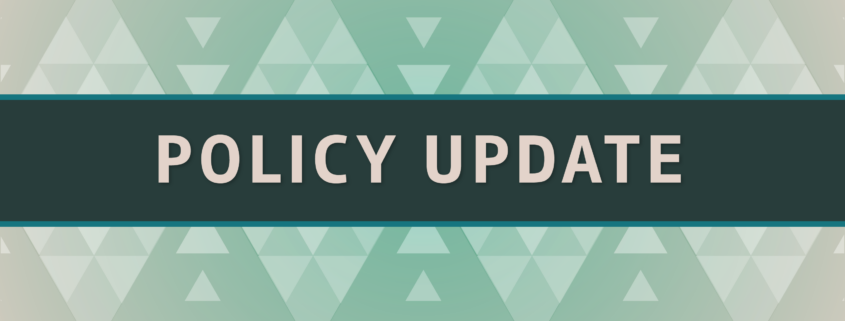House Committee Report Reveals Persistent Voting Barriers for Native Communities and Calls for Legislative Action
In July 2024, House Committee on Administration Ranking Member Joseph D. Morelle (D-N.Y.), released a critical report titled Voting for Native Peoples: Barriers and Policy Solutions. This report underscores the ongoing struggles faced by Native communities in exercising their right to vote—a fundamental right that has been undermined for decades.
The Report provides a detailed history of the oppression and discrimination against Native peoples by the United States federal government, highlighting physical, identification, language, and systematic barriers that continue to hinder full participation in the electoral process. It also highlights the efforts of state and local governments to dilute Native votes and engage in racial gerrymandering, stating that “lawmakers further dilute Tribal citizens’ voting strength by packing supermajorities of Native voters into single electoral districts, even where the community is large enough to constitute a majority and elect candidates of choice in more than one district.”
The report also calls for actionable solutions to the problems outlined. It advocates for the passage of key legislation, including the Native American Voting Rights Act, the Freedom to Vote Act (H.R. 11), and the John R. Lewis Voting Rights Advancement Act (H.R. 14), which aim to dismantle the barriers to voting and restore essential protections for Native voters. NCUIH endorsed the Native American Voting Rights Act in the 117th Congress and supports the reintroduction of this legislation in a future Congress.
Key Findings and Policy Proposals:
Barriers to Voting for Native Peoples:
- Physical Barriers: The report highlights “Native Americans face substantial barriers to accessing in person voting and voter services, including voter registration and ballot drop boxes, due to extreme physical distances”.
- Language Barriers: “Few states and localities offer robust assistance in Indigenous languages, sometimes in violation of federal law.”
- Identification Barriers: “Several states have enacted, implemented, or enforced voter identification laws, including documentation requirements to register to vote and to cast a ballot in person or by mail, that abridge the right of Native peoples to participate fully and equally in the nontribal political process.”
- Systematic Barriers: “[The]federal government’s removal, reservation, assimilation, and termination policies of the nineteenth and twentieth centuries created systemic obstacles that compound the barriers Tribal citizens face to full and equal participation in the nontribal political process.”
- Residential Address Barriers: “Tribal members commonly use descriptive addresses, specifying where they live using highway or Bureau of Indian Affairs route numbers, mile markers, and other landmarks. Tribal members who rely primarily on descriptive addresses often face substantial obstacles when attempting to register to vote and cast a ballot. Most troublingly, in some instances, Tribal members have been completely barred from the political process or certain methods of voter registration when they attempt to use a descriptive address”.
Proposed Policy Solutions:
- The Frank Harrison, Elizabeth Peratrovich, and Miguel Trujillo Native American Voting Rights Act (NAVRA): this legislation would address many of the barriers to voting faced by Native peoples by establishing baseline, consistent standards for voting throughout Indian Country, ensuring that Native Americans no longer bear the burden of lengthy, costly litigation to defend and enforce their right to vote. NCUIH has endorsed this legislation.
- John R. Lewis Voting Rights Advancement Act (VRAA): this bill would restore important provisions of the Voting Rights Act that have been severely curtailed by the U.S. Supreme Court and other federal courts over the past two decades. The VRAA also strengthens Section 2 of the Voting Rights Act—a key pillar that allows plaintiffs, including Tribal nations and individual voters, to bring claims for vote denial and vote dilution.
For more details, read the full report here.
NCUIH Advocacy on Native Voting
NCUIH has taken several steps to address some of the barriers discussed in the report. In February 2024, NCUIH signed a letter of support for the John R. Lewis Voting Rights Advancement Act and endorsed the legislation. Additionally, NCUIH has worked closely with the National Urban Indian Family Coalition to Get Out The Vote and improve voter registration abilities at Urban Indian Organizations.





